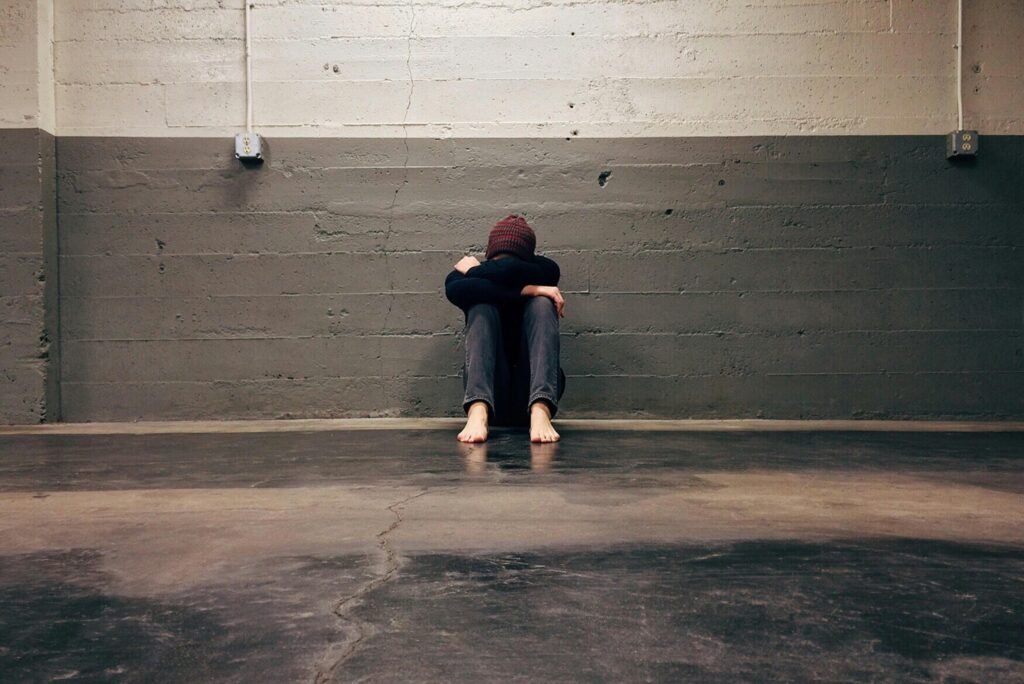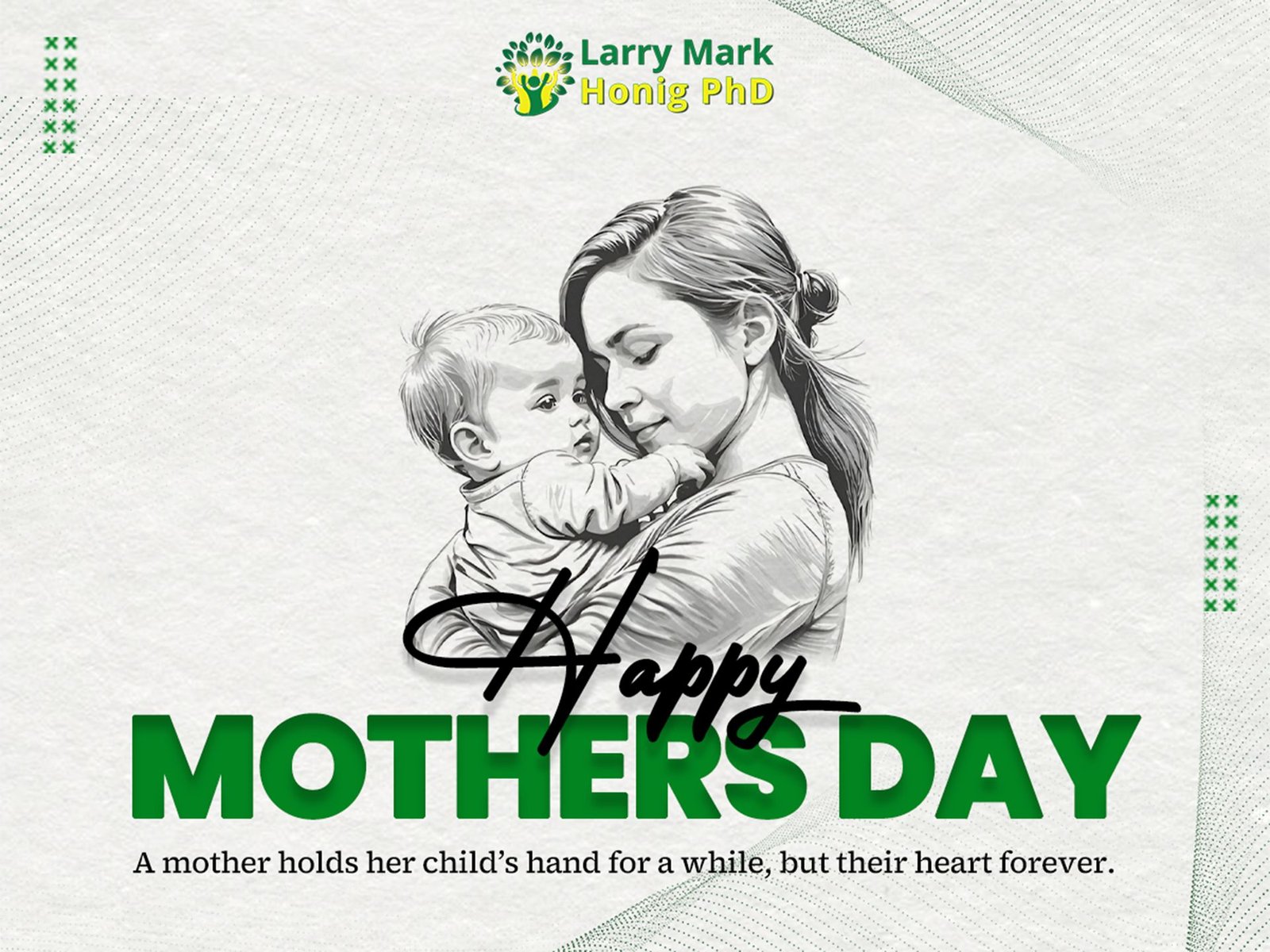Generational Shame
Generational Shame and Other Secrets Passed on by Your Parents
Healing from intergenerational trauma is a relational experience.
No one enters the world feeling ashamed or filled with anger. Chronic shame and other negative emotions typically arise from messages we receive in childhood—especially from those closest to us. When parents or caregivers criticize or belittle a child, that child, wholly dependent on them for guidance and safety, often assumes personal responsibility for harsh reactions. This erodes a developing sense of self, fueling the belief that something is inherently “wrong” or “unlovable” about them.
The Difference Between Guilt and Shame
Occasional negative emotions, such as regret or guilt, can sometimes be helpful; they encourage self-reflection and motivate us to make positive changes. Shame, however, is a fundamental indictment of our entire being—an internalized view that we are inferior or defective. It manifests as self-loathing, undermines self-esteem, and can lead to persistent feelings of worthlessness.
The Roots of Intergenerational Trauma
Shame that lingers from one generation to the next reflects unresolved traumas embedded in family dynamics, cultural experiences, or personal histories. Parents grappling with their own unresolved pain may unknowingly project these feelings onto their children, who in turn internalize them as truths about their self-worth.
Common Negative Emotions That Intertwine with Shame
- Shame
- Anger
- Guilt
- Fear
- Hopelessness
- Resentment
- Self-doubt
- Frustration

These emotions can fuel mental health issues such as depression, anxiety, or trouble forming close relationships. Left unaddressed, they may also contribute to physical health problems by triggering chronic stress responses.
How Intergenerational Trauma Persists
Transmission Methods
- Parenting Styles – Authoritarian or critical behaviors can reflect unresolved anger or shame.
- Emotional Projection – Insecurities from a parent’s past trauma may be imposed on their child’s self-image.
- Neglect or Emotional Absence – Caregivers overwhelmed by their own shame or anger may leave children feeling unsafe or unworthy.
- Epigenetic Factors – Research suggests that some aspects of trauma and stress regulation may be passed down biologically.
When these patterns remain unacknowledged, children often grow into adults who, without realizing it, carry generational shame forward to their own families.
Pathways to Healing: Breaking the Chains of Inherited Shame
Recognize the Cycle
The first crucial step in healing generational shame is developing a keen awareness of how inherited negative emotions shape your daily experiences and worldview. Understanding that many of your self-critical thoughts and shameful beliefs may actually belong to earlier generations can be profoundly liberating. Take time to observe patterns in your emotional responses, particularly in situations that trigger intense shame or self-doubt. Notice how these reactions might mirror family patterns or cultural trauma passed down through generations. By documenting these observations in a journal or through guided reflection, you can begin to separate your authentic self from inherited emotional burdens.
Seek Therapeutic Support
A nonjudgmental therapeutic relationship provides the cornerstone for deep healing work. Professional guidance creates a safe container for exploring painful emotions and transforming generational patterns. Through consistent therapeutic work, you can develop:
- Advanced communication skills that help express buried emotions and set healthy boundaries
- Powerful strategies for reframing negative self-talk and challenging inherited limiting beliefs
- Sophisticated emotional regulation tools for managing intense feelings without becoming overwhelmed
- Deep understanding of your family system’s impact on your current relationships
- Practical techniques for processing stored trauma in the body
- Skills for maintaining emotional balance while exploring challenging family dynamics
Remember that finding the right therapist may take time, and it’s essential to work with someone who understands intergenerational trauma and cultural contexts.

Family Constellation Therapy
Larry Mark Honig, PhD
Empowering families through transformative and compassionate constellation therapy.
Practice Self-Compassion
Developing a strong self-compassion practice serves as an antidote to generational shame. Through mindfulness and self-compassion exercises, you can learn to distinguish between emotions that stem from genuine self-awareness and those influenced by inherited trauma. Regular practice might include:
- Daily self-compassion meditations
- Writing letters to your younger self
- Creating personalized self-soothing rituals
- Establishing boundaries with inner criticism
- Developing a kind internal dialogue to counter shame-based thinking
- Celebrating small victories and progress in your healing journey
Build a Support Network
The journey of healing generational shame requires strong support systems. Isolation often accompanies chronic shame, making connection crucial for transformation. Consider:
- Joining support groups focused on family healing
- Cultivating friendships with others on similar healing paths
- Connecting with family members who are also interested in breaking negative patterns
- Engaging with online communities that understand generational trauma
- Building relationships with mentors who model healthy emotional expression
- Creating sacred spaces for sharing and processing with trusted confidants
Embrace an Integrative Approach
Healing generational shame often requires a multi-faceted approach. Family Constellation Therapy offers profound insights into systemic patterns, while various other modalities can support your healing journey:
- Somatic experiencing to release stored trauma from the body
- Ancestral healing practices that honor your lineage while transforming painful patterns
- Art therapy and expressive arts for processing emotions nonverbally
- Ritual and ceremony for marking significant shifts in your healing
- Energy work to address emotional blockages
- Narrative therapy for rewriting your family story
- Holistic counseling that considers mind, body, and spirit
- Cultural healing practices specific to your heritage
Remember that healing generational shame is not a linear process. Some days will feel like breakthroughs, while others might bring up deep layers of inherited pain. Trust that each step, no matter how small, contributes to breaking the cycle of shame for yourself and future generations. Your commitment to healing creates ripples that extend far beyond your individual experience, potentially transforming your entire family system for generations to come.
Moving Forward
You are not obligated to carry the emotional baggage left unresolved by parents, ancestors, or other caregivers. By recognizing that shame is often learned—and passed down—you can begin to release unhelpful legacies, step into your authentic self, and nurture a healthier future for yourself and those who follow.
learn more about Generational Shame
Ready to Heal?
If you’re seeking personalized support to overcome generational shame and reclaim your sense of worth, feel free to explore our Services to begin your journey toward emotional freedom. You deserve to live unburdened by the past.







